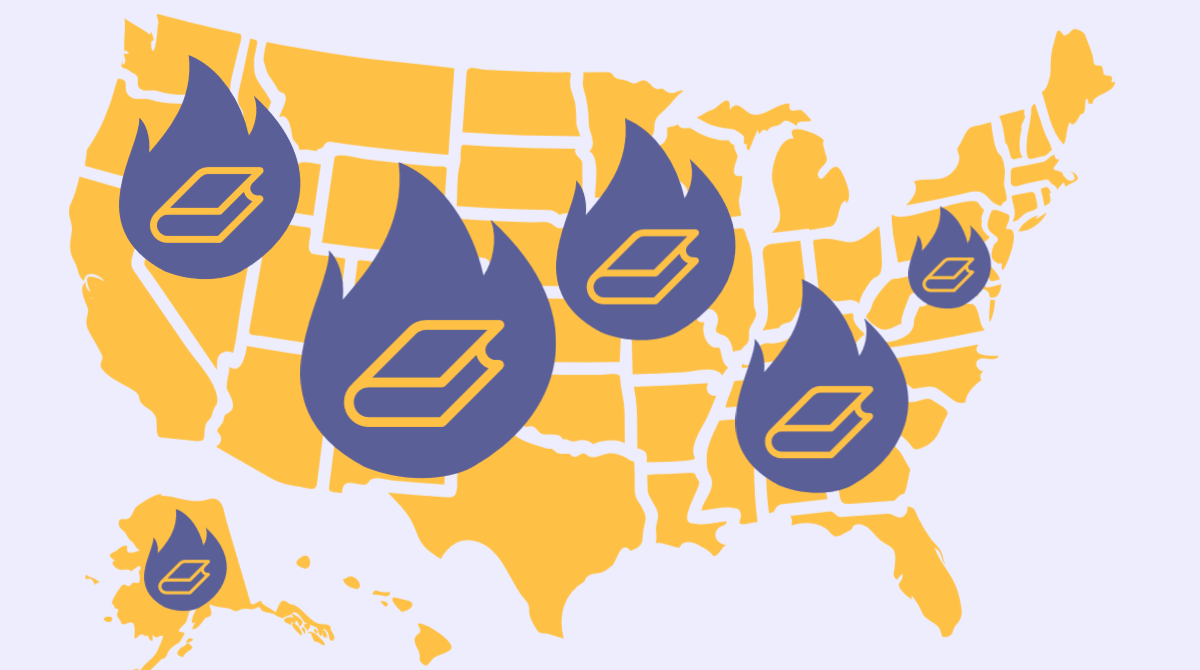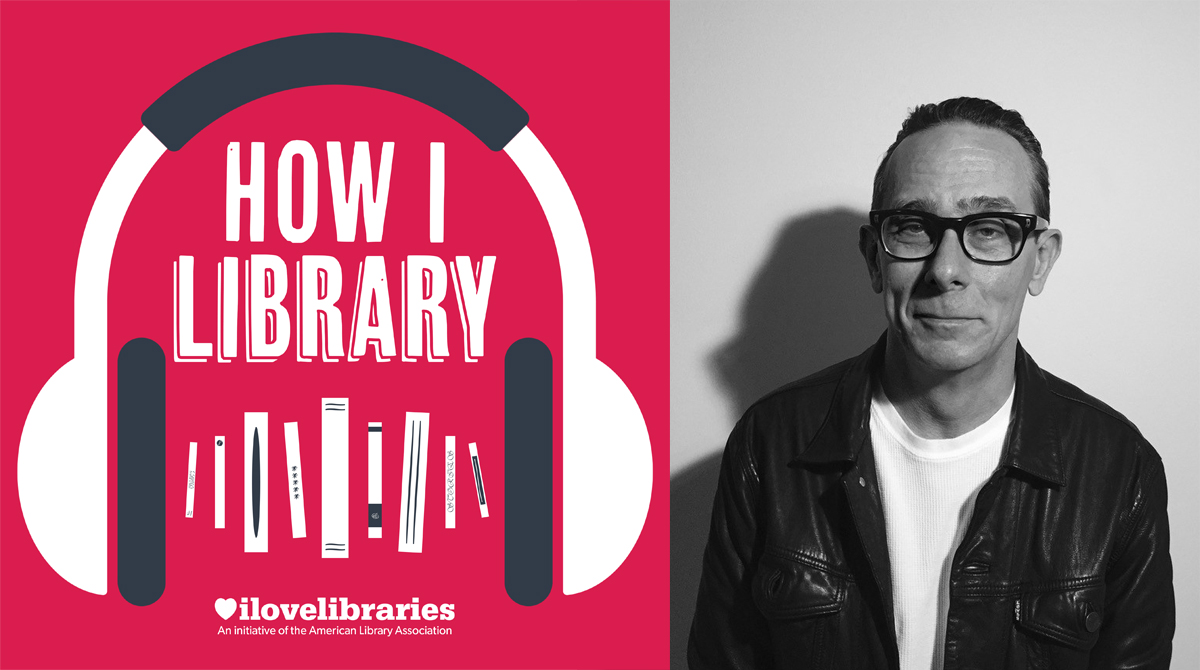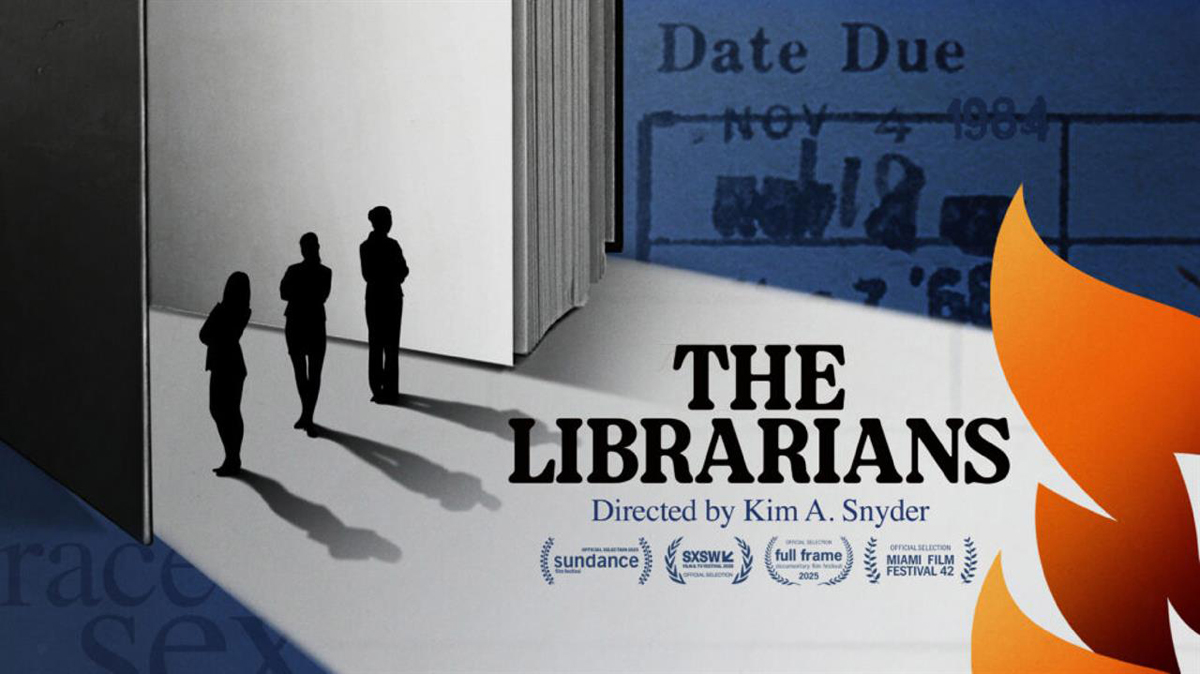Libraries and schools across the country are experiencing unprecedented levels of attempts to ban or remove books from their shelves. I Love Libraries will continue to raise awareness by highlighting attempts to censor library materials, as well as efforts by librarians, parents, students, and concerned citizens to push back against them. This report includes news from California, Colorado, and Florida, as well as an association’s efforts to fight book bans.
San Diego leader introduces proposal to protect ‘banned books’
On August 19, San Diego County (Calif.) Supervisor Terra Lawson-Remer outlined a policy to protect “banned books” and ensure they are accessible at all 33 county library branches, reports NBC 7 San Diego.
The policy includes several suggestions, including supporting an Assembly Bill requiring state-funded libraries to create a written policy for the creation of book collections, preventing library boards from “banning or restricting the circulation of any materials based on their topics or the views, ideas, or opinions expressed in them,” as well as recognizing Banned Book Week and having the county acquire and make available copies of banned books to ensure access at each county library location.
“We are standing up for democracy and working to keep literature from being censored in San Diego County,” said Lawson-Remer. “A significant portion of the bans happening across our country are targeting books representing the voices and lived experiences of LGBTQ+ and BIPOC people. With this policy, we’re protecting your right to read and fighting back against racism and bigotry.”
The county Board of Supervisors will vote on Lawson- Remer’s policy on August 27.
Colorado school district bans 19 books, places 100 more on restricted list
Last week, the board of the Elizabeth School District in Elbert County, Colorado, voted to remove 19 books from school library shelves after a curriculum committee reviewed the books for things like graphic violence, racism/discrimination, ideations of self-harm or mental illness, and sexual content, reports Colorado Public Radio. The books include “The Bluest Eye” and “Beloved” by Toni Morrison, “Looking for Alaska” by John Green, and “The Kite Runner” by Khaled Hosseni.
The books that have been removed are on display outside the district’s boardroom for the public to give feedback. That will determine what happens to them, including permanent removal, moving them to a different grade level, returning them to the collection, or including them on a new “sensitive topics” list. The board also voted to place 100 additional books on a “sensitive topics” list. If a student checks out one of those books, for example, Anne Frank’s “The Diary of a Young Girl,” a parent is automatically notified and the parent can block the child from checking out further “sensitive” books.
Florida college dumps hundreds of books, many on sexuality, race, and feminism
A public college in Florida discarded hundreds of books, with many of the discarded titles appearing to be related to LGBTQ issues, race, and women’s rights, reports NBC News.
Photos and videos posted to social media by a reporter for the Sarasota Herald-Tribune show the books in at least one dumpster and cardboard boxes in parking lots at the New College of Florida. The book titles that are visible in the photos include “Cures: A Gay Man’s Odyssey,” “Same-Sex Unions in Premodern Europe,” “Women’s Bodies, Women’s Wisdom,” “Feminist Thought” and “Race Music: Black Cultures From Bebop to Hip-Hop.”
The disposal of the books comes amid a years-long effort by Florida Gov. Ron DeSantis to turn the small liberal arts school more conservative.
“The images seen online of a dumpster of library materials is related to the standard weeding process,” the college said in a statement. Freedom to read advocates aren’t buying it.
“These actions are nothing short of a cultural purge, reminiscent of some of history’s darkest times, where regimes sought to control thought by burning books and erasing knowledge,” said Bacardi Jackson, executive director of the American Civil Liberties Union of Florida in a statement. “The fact that these books-sources of wisdom, diverse perspectives, and the narratives of marginalized communities-were discarded in the dead of night, without transparency, and without giving students the opportunity to preserve them, should outrage every Floridian and every American who values democracy and free thought.”
The American Booksellers Association publishing a handbook for fighting book bans
The American Booksellers Association (ABA) is releasing a book to help freedom to read advocates fight book bans, reports Publishers Weekly. The “ABA Right to Read Handbook: Fighting Book Bans and Why It Matters,” written by Philomena Polefrone, the ABA’s advocacy associate manager and point person for the American Booksellers for Free Expression (ABFE), will be released September 16. All profits will support ABFE’s efforts against book bans.
ABA officials called the book “a practical guide for resisting book censorship, aimed at the average reader who might only have a few hours each month to spare.” It features more than a dozen interviews and profiles, and includes a brief history of book censorship, “a deep dive into the current book ban crisis,” and “how-to” guides for organizing at the community level.
“It is inconceivable that in the United States of America citizens need to know how to defend their right to read,” ABA’s CEO Allison Hill said of the book, calling the surge in book bans a crisis. “But the future of literacy, access to books, the inclusion of diverse voices, and democracy in this country depends on it.”
Take action
Alarmed by the escalating attempts to censor books? Here are five steps you can take now to protect the freedom to read.
- Follow news and social media in your community and state to keep apprised of organizations working to censor library or school materials.
- Show up for library workers at school or library board meetings and speak as a library advocate and community stakeholder who supports a parent’s right to restrict reading materials for their own child but not for all
- Help provide a safety net for library professionals as they defend intellectual freedom in their communities by giving to the LeRoy C. Merritt Humanitarian Fund.
- Educate friends, neighbors, and family members about censorship and how it harms communities. Share information from Banned Books Week.
- Join the Unite Against Book Bans movement and visit our Fight Censorship page to learn what you can do to defend the freedom to read in your community.
Subscribe to the I Love Libraries newsletter! You’ll get monthly updates on library news, advocacy updates, book interviews, book info, and more!




